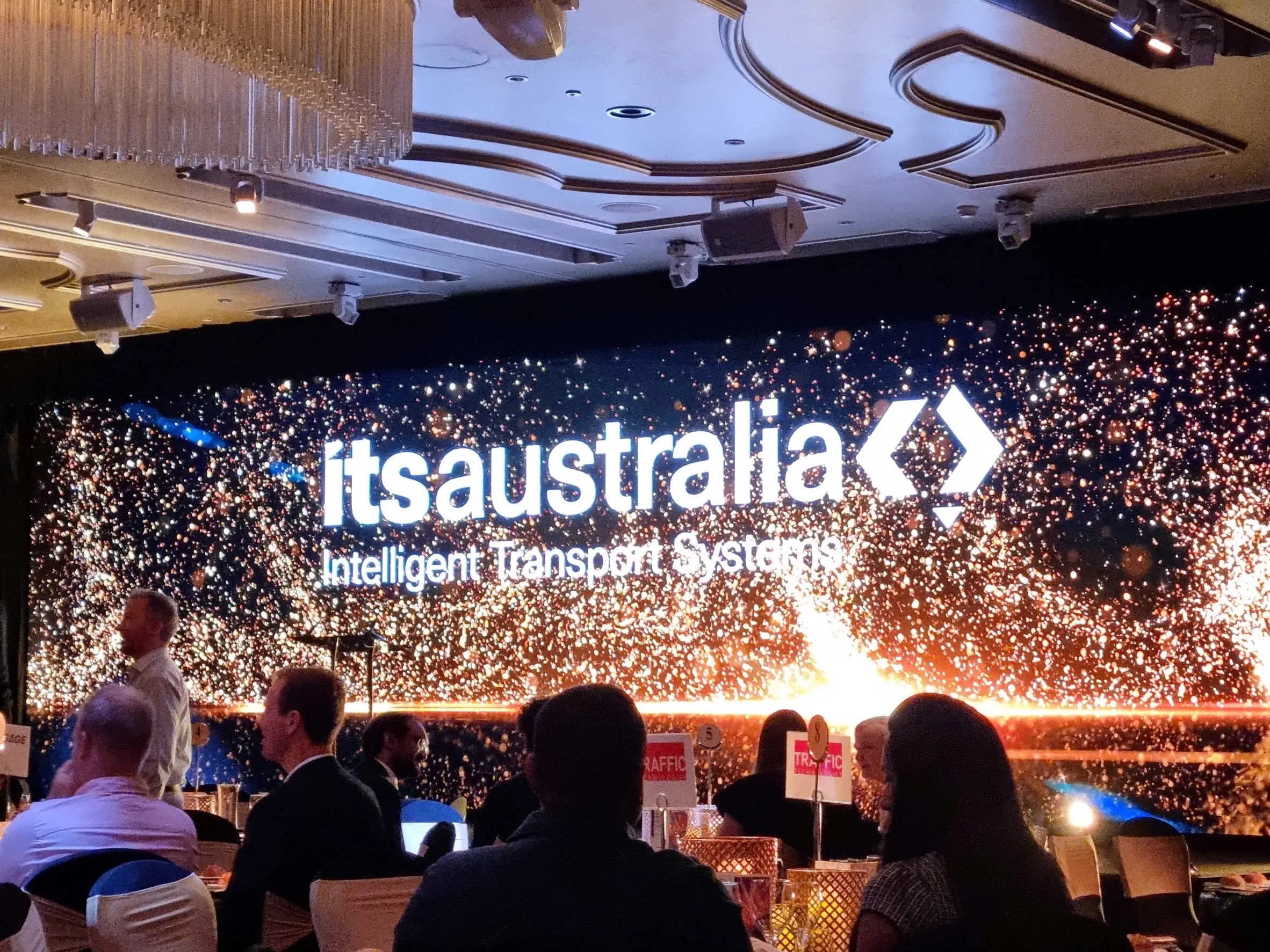
Nexcom has expanded its range of in-vehicle AI-assisted telematics computers with the VTC 7280-xC5.
In-vehicle applications include edge AI and public transportation security surveillance.
The compact fanless devices are centered around Intel’s first AI-oriented CPU with powerful in-built NPU and GPU cores, the Intel Core Ultra Meteor Lake H series.
The devices computers are currently available in two variants - the VTC 7280-7C5 and VTC 7280-5C5, driven by Intel’s CPU Ultra7 and CPU Ultra5 respectively). These Intel Core Ultra Meteor-Lake H processors deliver up to 26 TOPS of AI computing power.
Thanks to the upgraded CPU and I/O function enhancements, the VTC 7280-xC5 offers a 30% performance boost over its predecessors.
The compact, rugged, fanless design fits into space-constrained areas and operates reliably in harsh conditions.
The computer’s native AI and machine learning capabilities make possible fast on-board processing of complex tasks including image recognition, video input analysis, sensor synthesis, audio analysis, speech recognition and more.
An expansion socket for a Hailo AI module can augment the CPU’s powerful AI processing when required. These features are particularly useful in safety, surveillance and human communication applications.
Designed to withstand harsh environments, the VTC 7280-xC5 operates at temperatures ranging from -40°C to 60°C and complies with the MIL-STD-810H military standard for vibration and shock resistance.
A built-in heater ensures stable low temperature operation. This computer is certified to meet global standards, including CE/FCC Class A, UKCA and E mark (E13).








